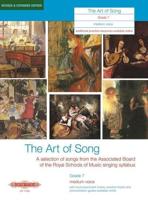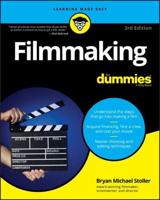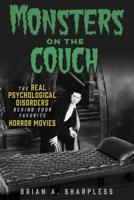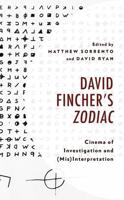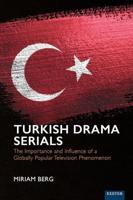Publisher's Synopsis
"Dancing Modernism/Performing Politics" is a revisionary account of the evolution of "modern dance." Questioning the common notion that the dancing image reflects a relation of dance to culture, Mark Franko calls for a historicization of aesthetics that considers the often-ignored political dimension of expressive action. Employing an interdisciplinary approach to dance analysis, Franko draws from performance studies, feminist studies, and cultural theory to study modern dance in relation to sexual, class, and modernist politics, ranging from Isadora Duncan, Martha Graham, and Merce Cunningham to less canonical figures, such as Valentine de Saint-Point, left-wing "revolutionary" dancers of the 1930s and Douglas Dunn. Viewing dance from this political-expressive perspective contradicts assumptions about the body's autonomy and undermines tenets of modernist dance history. In an appendix, Franko includes articles of left-wing dance theory, which flourished during the 1930s. These represent the anti-modernist branch of American modern dance.

